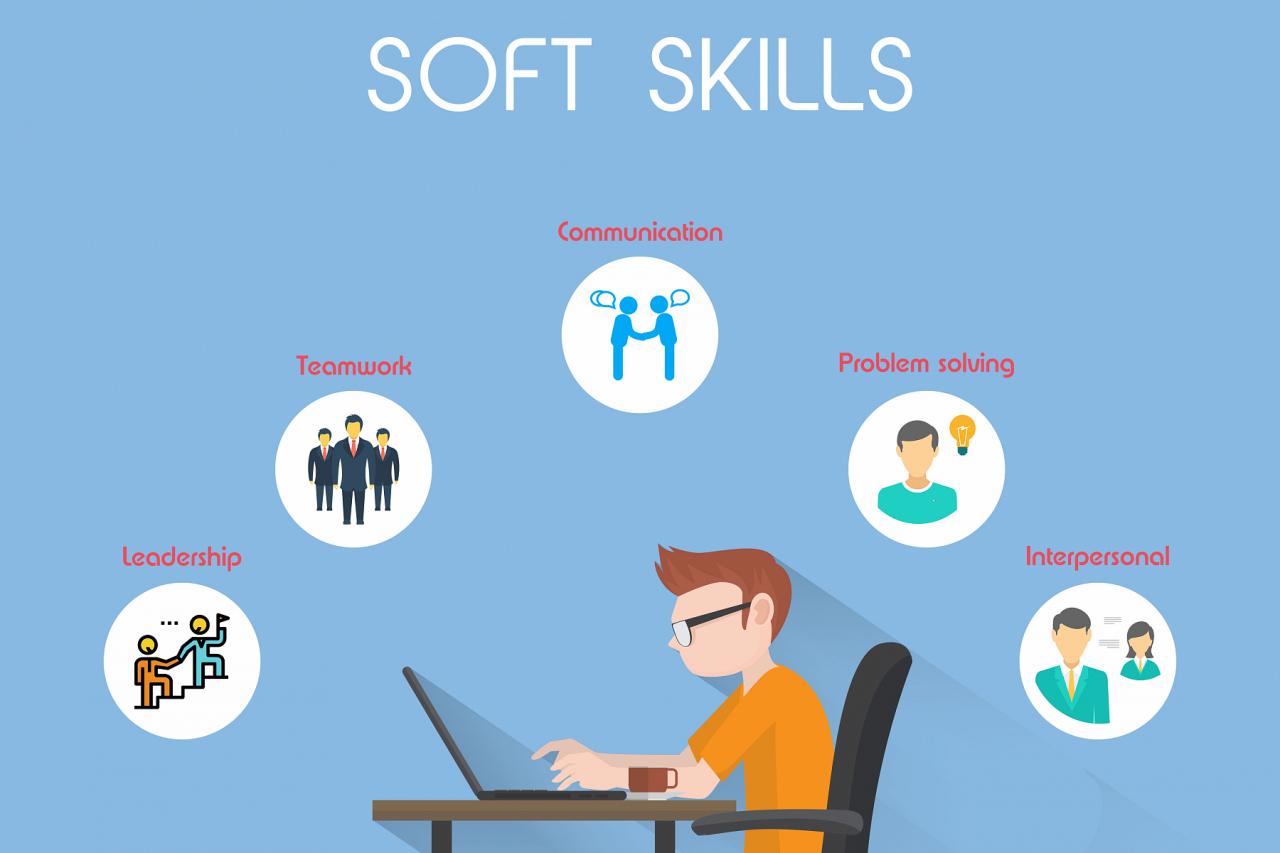Mind reading on the job: 3 tips for more clarity instead of interpretation
Are you also a mind reader and know exactly what the minds of your colleagues or the boss look like? You develop theories from it and in the next instant, your hypotheses become certain truth. And because you are so good at it, everyone else has to be the perfect mind reader too: “The boss must see that I’m stressed!” Or in a partnership: “Don’t you notice that you are disturbing?!” The consequences: Misunderstandings in communication, colleagues who are just annoying, unnecessary mistakes, arguments, and stress. Why not just create clarity? Life would be so much easier without mind-reading!

Mind reading: I know what you are thinking
Observe. Interpret. Conclude. And then: either act or do it all over again. I wonder when we actually learned this fine art of mind reading. And above all, for what this is still necessary today in interpersonal dealings.
Maybe it dates back to the Stone Age when we had to judge from the facial expression of the neighbor from the cave opposite whether he was throwing a spear at us or whether he was just dropping by to paint a wall together.
Or does it come from the experience with babies who cannot tell us that the first tooth pinches or the stomach hurt? That would at least explain why I observe especially in women that they are perfectly trained in mind reading.
Jokes aside – we are constantly interpreting what we see and believe we know the truth. There is probably no one of you who would say “No, not me!” – I would not be able to say that about myself either.
And I also know what you need
I find it interesting that we very often derive from “I know what you think” in the next second “I know what you need”. Yes, maybe this will work for couples who have been together for 20 years and know for sure what is right for the partner in certain situations. But at work and among colleagues or in the collaboration between boss and employee, this logic can also go really wrong:
“But Meier just exhaled loudly …
Would I go over and help him?”
She walks over. “Hey, do you need help?” – “No, why?” – “You were panting so loudly.” – “What you can hear.” – “Yes. I thought you couldn’t manage the presentation for the boss and you could use some help. ”-“ Yes, just let me work in peace! ”She goes back to her desk and thinks“ Idiot! I just wanted to help! ”
Meier actually has a cold, his nose is tight and that annoys him.
“But Mr. Schmidt stays in the office for a long time …
Will I overwhelm him as the boss?”
Mr. Schmidt is new to his team. It’s the fourth evening in a row that he’s going ahead of him as boss. “Mr. Schmidt, why don’t you call it a day too?” – “I still need something.” – “Do you have any questions or cannot cope with something?” – “No, no, no problem!” – “If it gets too much for you straight, then we’ll speak tomorrow morning. ”-“ No, that is not necessary. ”
In fact, Mr. Schmidt stays in the office longer because he’ll be home much faster after the rush hour.
“Steffi has been so quiet since yesterday…
Did I hurt her?”
She’s still talking to the colleague, so it must be up to me … whether she resented me that I praised her new shoes yesterday, but didn’t notice that she was also wearing new glasses? … Or maybe because I didn’t go to lunch with her, but with Paul? … Maybe she is stressed at home too? … Should I ask you about it? … Better not, first, keep watching … etc.
That is probably the classic. We blame ourselves for the behavior we see in other people. With mind-reading, we then try to understand the other and to find out the real background. Either to wash in or to do everything well as a savior.
When observation becomes the hypothesis of the truth
The examples show that the motives for certain behavior can be completely different from what we believe. There are as many truths as there are people. Each of us looks at the world through our own glasses. Everyone has different values and goals.
A supposedly logical framework of puzzle pieces is built up, which in the end can only lead to a single truth in your own perception. Even in conversation with one another, this is so firmly anchored that we often don’t even think that our counterpart is looking through completely different glasses. We are often so trapped in our own films that we lack the openness and awareness of alternative perspectives. Misunderstandings and misunderstandings are often the results of communication and interaction.
Applicants love mind reading
Especially when I work with applicants, I observe that they make life difficult for themselves and that HR professionals are agonizing over their heads. Behind every potential trick question, a deeper psychological background is assumed.
“What do you like to do in your free time?”
And the thought carousel begins with the applicant: Warning trap! – They definitely want to hear something about team spirit and leadership qualities on this question. – I’m sure that guy I like when I say mountaineering. – And I could sell my volunteer work in the retirement home to the nice HR manager as a hobby. – Oh dear! She looks at me now very disturbed and rubs her right eye. That was definitely the wrong answer and they won’t take me.
If you turn off mind reading, you not only have a lot more resources free for your own good answers, but you also come across as more eloquent. Yes, and if you do not know exactly where you are at this moment, ask: “Are you really interested in my real hobbies or do you expect me to list hobbies that allow good conclusions about my work with you?“
Not reading minds also means saying what is going through your head and thus creating clarity for you. I believe that you can do that today as an applicant, I wrote about this here before.
When employees train their bosses to be mind readers
Wouldn’t it be practical if every boss could blindly understand their employees? Without long explanations, he sees everything and always brings the world back to order. A dream, right?
No, unfortunately sometimes reality. Because clever employees train their managers and colleagues to read their minds. Last week I wrote about fellow pigs here. The diva is a typical case of personality in the office who expects everyone around her to be wrapped in cotton wool, to immediately recognize when she is feeling bad and to know what she needs then.
Anyone who, as a manager, gets involved in this game and jumps as soon as the smallest problem occurs in the team, becomes dependent and at the same time deprives the employees of their personal responsibility. The parent-boss as mind reader will see it for himself and fix it again – this is the attitude of these employees.
Through this behavior, you will forget how to openly address problems and questions with your manager or in the team. Instead, they are constantly trying to use their behavior or body language to lead others to believe that something is wrong. Yes, that sounds exhausting, but it’s everyday life in so many companies and devours a huge amount of resources. And it is behavior that will definitely not work in the mobile working world tomorrow.
3 tips on how to do a better job without mind-reading
Actively ask questions to create clarity
Mind reading is the attempt to gain clarity without communicating. A large part of the conflicts both in leadership and in the team that I experience in coaching simply result from a lack of clarity in communication. Things that are not said because they are taken for granted or information that is incorrectly transmitted between sender and recipient as a result of unclear communication.
Whenever you have the feeling that something is not clear or you suspect that you may have misunderstood something, actively ask instead of constructing your own truth. And if you have to ask your boss three times before you know what exactly he wants from you, this is better than independently hypothesizing out of shame and maybe doing mistakes or unnecessary work.
Trust the other to say what he really thinks
Who expects you to have clairvoyant skills? You could also relax and trust that your colleague will contact you if something is bothering him. Do you think he wouldn’t say it then? – Yes, but then it’s his problem and not yours.

Expecting another person to be able to look inside my head is a pretty high standard of thinking. Try to relax on the next burst of mind-reading and pass the responsibility on to the other person. If he really cares that you know what he is thinking or feeling, then he can say so instead of hoping you will figure it out yourself. On the other hand, if you have a real interest in finding out, then you can ask.
Openness to other perspectives and not to conclude others
The dangerous thing about mind reading is that we often infer others from ourselves. If you puff out loudly as soon as you get stuck on something, then this does not have to be the case for your colleague. If you enjoy leaving work early to be with your family, then maybe your colleague can work most productively in the evening. Make yourself aware that not everyone is like you.
Make yourself aware that other people see the world through different eyes. What matters in your world may mean different things to other people. This makes mind-reading impossible because you can never be sure what is going on in someone else’s head. If you’re really interested, just ask: What is going through your head?


































